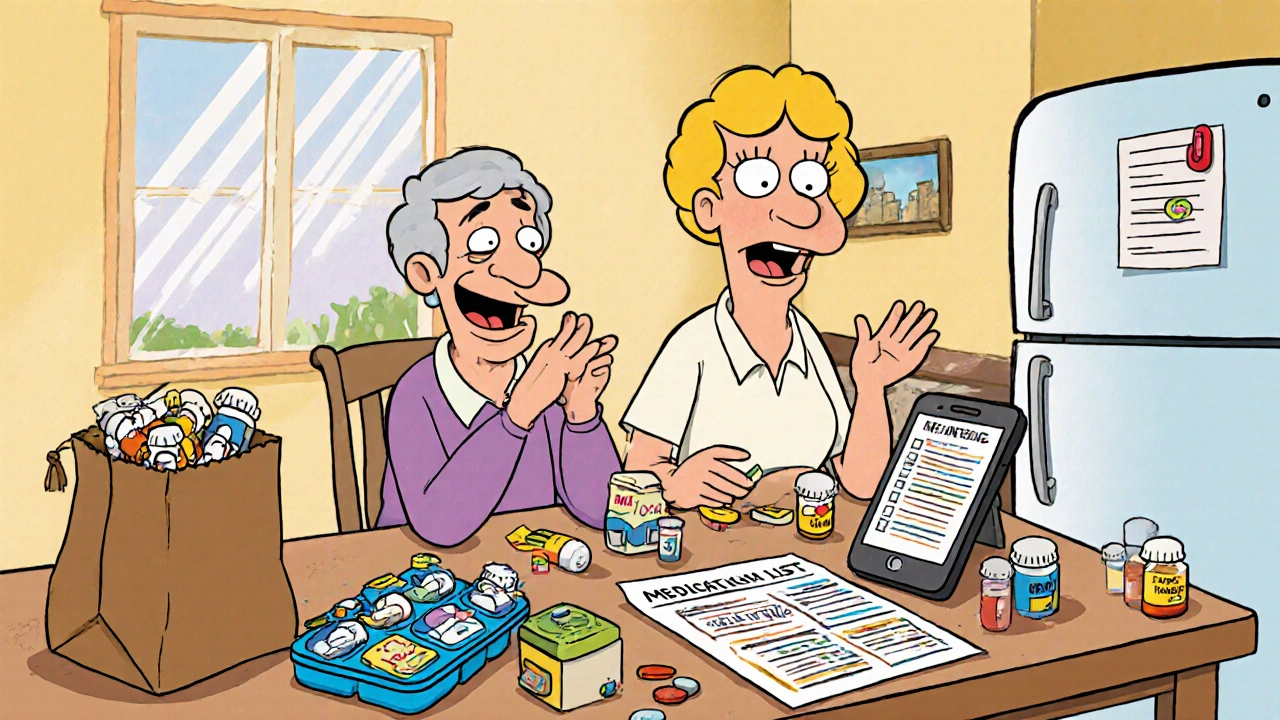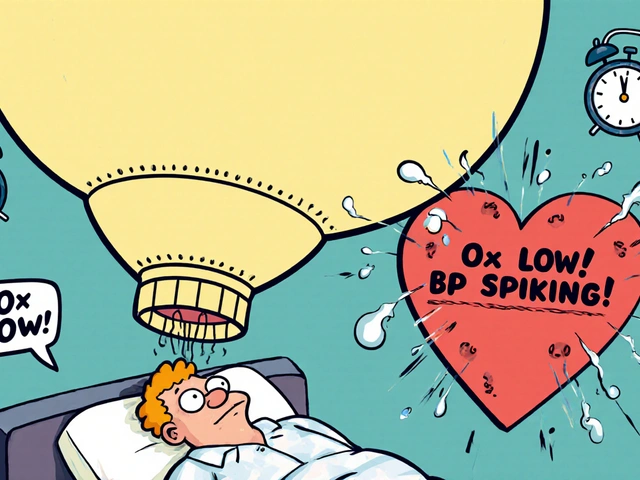Medication List: Essential Drugs, Interactions, and What You Need to Know
When you hear the term medication list, a personalized record of all drugs a person takes, including prescriptions, over-the-counter pills, and supplements. Also known as drug regimen, it’s not just a note you keep for your doctor—it’s a safety tool that can prevent dangerous mix-ups, side effects, or missed treatments. Many people don’t realize how many medications they’re actually taking. A simple medication list might include your blood pressure pill, your antidepressant, a cholesterol drug, and that herbal supplement you started last month. But each one interacts differently with your body—and with each other.
Some drugs on your list are meant to work together, like ezetimibe, a cholesterol-lowering drug that blocks absorption in the gut paired with exercise to boost heart health. Others, like SSRIs, a class of antidepressants that increase serotonin levels, can become dangerous when mixed with MAO inhibitors or even common painkillers. That’s why psychiatric drug interactions are one of the most overlooked risks—especially when someone sees multiple doctors and fills prescriptions at different pharmacies. Even something as simple as a generic drug, a copy of a brand-name medication made after the patent expires can cause confusion if you don’t know it’s the same active ingredient. Authorized generics, for example, are made in the exact same factory as the brand version. They’re not cheaper because they’re weaker—they’re cheaper because they don’t carry the brand name.
And it’s not just about what’s in the pill. Some medications change how your body handles heat, stress, or even sleep. Diuretics and anticholinergics can make you more vulnerable to heat illness. SGLT2 inhibitors for diabetes might raise your risk of yeast infections. Antipsychotics can trigger weight gain and insulin resistance. Each of these effects shows up in real patient stories—and in the clinical data behind them. You don’t need to memorize every drug in the pharmacopeia. But you do need to understand the ones on your own list. What does it do? What should you watch for? When should you call your doctor? These are the questions that matter.
Below is a collection of real, practical guides on the most common and most misunderstood drugs. You’ll find comparisons between brand names and generics, deep dives into side effects you might not know about, and clear explanations of how medications affect your body over time. Whether you’re managing diabetes, depression, high cholesterol, or just trying to avoid dangerous interactions, this list gives you the facts you need—not marketing, not guesswork, just what works and what doesn’t.




